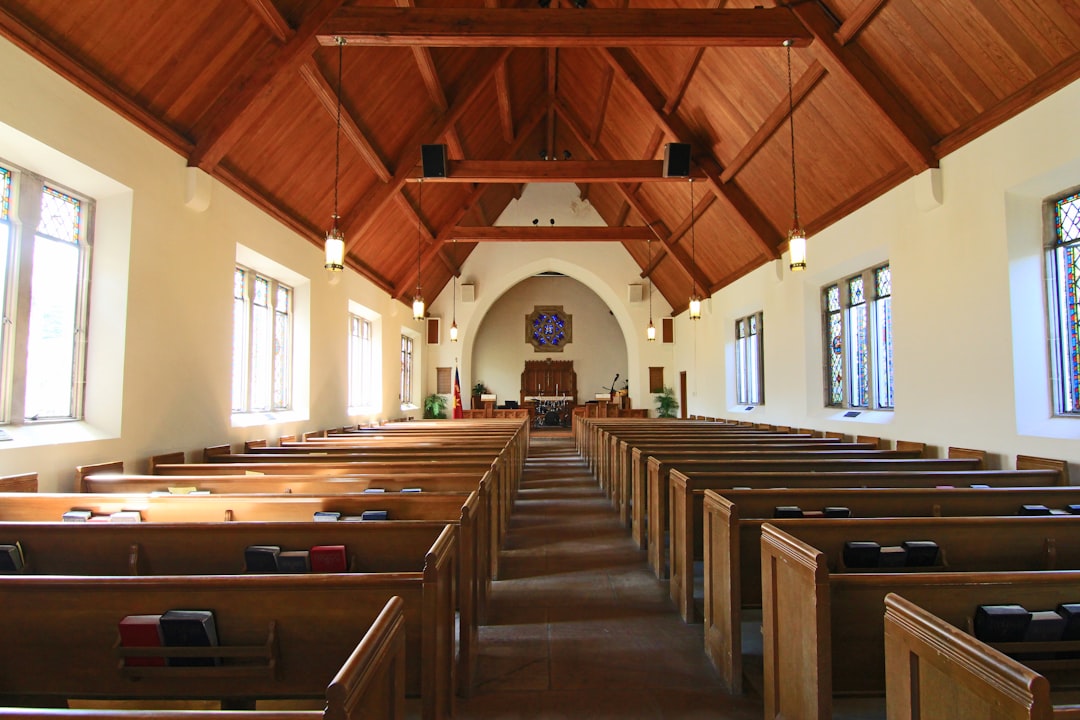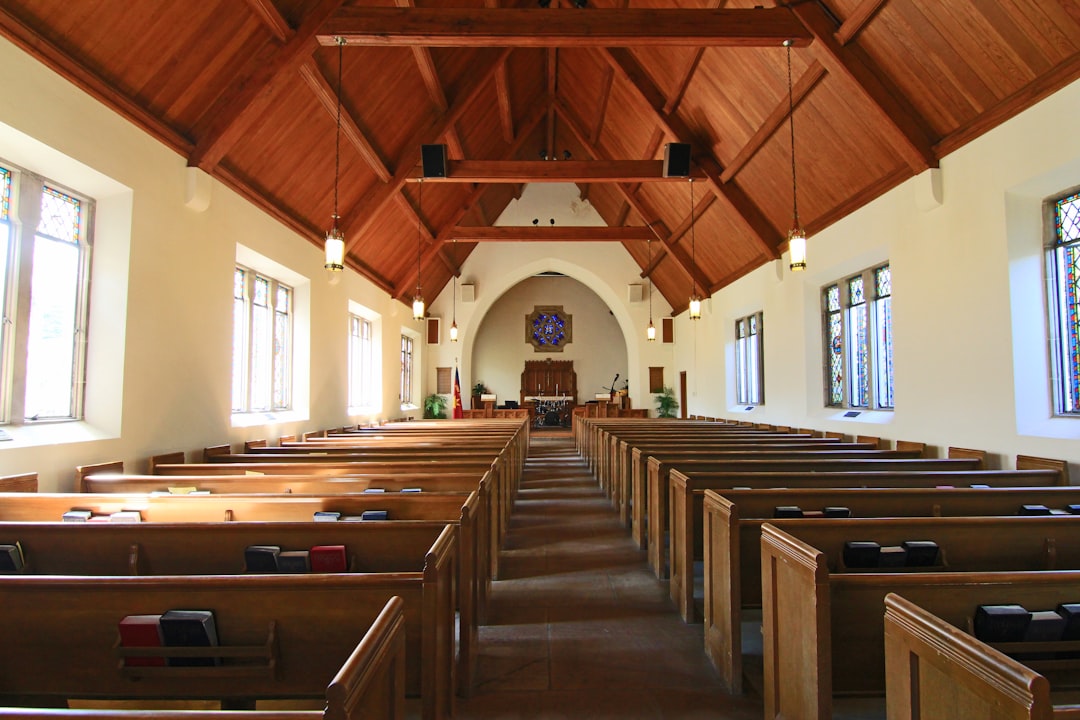In Kansas, clergy abuse is a serious issue impacting close-knit communities with various forms, including emotional manipulation, financial exploitation, and physical/sexual assault. Survivors face unique challenges keeping them from coming forward. Specialized clergy abuse law firms Kansas empower survivors through tailored legal support, education on rights, and representation in mediation, arbitration, or litigation to achieve justice. These firms, along with non-profit counseling services and support groups, foster safer environments within religious communities and across the state.
In Kansas, as across the nation, clergy abuse survivors face unique challenges. This comprehensive guide aims to empower individuals with knowledge about recognizing and supporting survivors of clergy abuse. We explore the legal aspects, including options available through clergy abuse law firms in Kansas, and provide a directory of resources and support networks specifically tailored for affected persons within the state. Understanding these issues is a crucial step towards healing and justice.
Understanding Clergy Abuse: Recognizing and Supporting Survivors in Kansas

In Kansas, understanding clergy abuse is crucial for recognizing and supporting survivors. Clergy abuse can take many forms, including emotional manipulation, financial exploitation, and physical or sexual assault, often occurring within tightly-knit communities. Survivors may face unique challenges due to the sensitive nature of their experiences, which may make them reluctant to speak out. It’s essential for the community, including law firms specializing in clergy abuse cases in Kansas, to foster an environment where survivors feel safe and supported.
Law firms in Kansas play a vital role in empowering survivors by providing legal counsel and representation tailored to their specific needs. These firms can help individuals navigate complex legal processes, understand their rights, and seek justice or compensation for the harm they’ve suffered. By working closely with survivors, these law firms contribute significantly to the broader goal of creating a safer environment, both within religious communities and in Kansas as a whole.
The Legal Aspect: What Options Do Survivors Have When Facing Clergy Abuse?

When facing clergy abuse, survivors in Kansas have several legal options available to them. Many states, including Kansas, have laws specifically addressing sexual misconduct by religious leaders, providing a framework for accountability and justice. Survivor rights education is crucial in empowering individuals to understand their legal standing and take action.
Clergy abuse law firms in Kansas specialize in handling such cases, offering guidance and representation tailored to the unique challenges of these situations. These firms help survivors navigate complex legal processes, ensuring they receive the support needed to pursue justice. Whether through mediation, arbitration, or litigation, victims have avenues to seek compensation for their suffering and hold perpetrators accountable under the law.
Resources and Support Networks for Kansas Clergy Abuse Survivors

In Kansas, survivors of clergy abuse can access various resources and support networks tailored to help them navigate their unique challenges. Many non-profit organizations dedicated to assisting victims of sexual misconduct within religious institutions operate in the state. These organizations offer confidential counseling services, legal aid, and emotional support groups specifically designed for clergy abuse survivors. They connect individuals with experienced professionals who understand the complexities of these cases and can guide survivors through the legal process if they decide to pursue justice.
Additionally, Kansas has seen the emergence of specialized law firms focusing on clergy abuse cases. These firms have expertise in handling sensitive matters and can provide legal representation to survivors seeking accountability and compensation. They offer a safe space for victims to share their stories and ensure that their rights are protected under the law. Survivors can find solace in these networks, knowing they are not alone in their fight for justice and healing.






